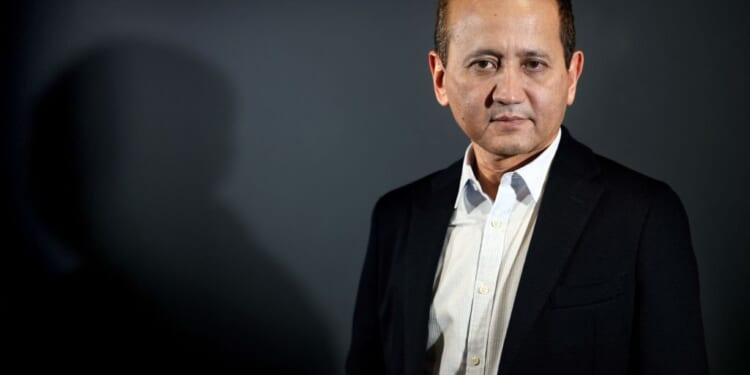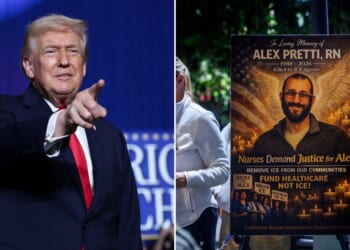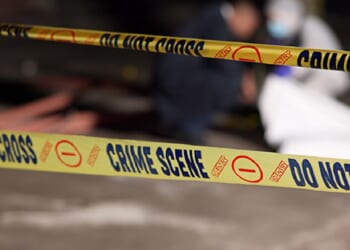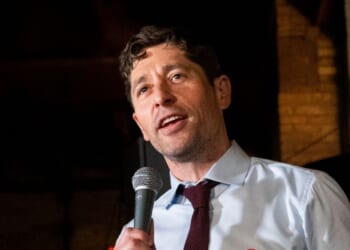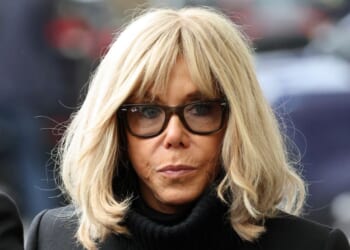At 5.30am on 15 February 2012, a Kazakh oligarch called Mukhtar Ablyazov opened the window of his first-floor room in a Belgravia hotel and crawled out onto the street. It was an easy escape for the tiny, unassuming billionaire, known as “small guy”, who preferred Marks & Spencer suits to Armani. As dawn broke, he walked quickly down to Victoria and jumped on a coach to Dover. On arrival, he flashed a “diplomatic” passport from the Central African Republic and passed immigration control. He then hopped on the ferry to France.
The oligarch was on the run from British justice after being accused of one of the biggest frauds in history. He had fled Kazakhstan in 2009 after being accused of embezzling £3.2 billion from the BTA bank. The loot was hidden in an estimated 1,000 offshore companies and bank accounts of which he was a beneficiary. He arrived in London and spent the money on PR consultants, lawyers, lobbyists, and properties. He bought a nine-bedroom, £17-million mansion on Bishops Avenue, Hampstead, which included a Turkish bath with room for 12, as well as an apartment in Albert Court, Kensington, and a 100-acre estate on the edge of Windsor Great Park.
Eventually the law enforcement authorities caught up with him. He was convicted in 2012 in Britain’s High Court of lying under oath about his assets, forging documents and in contempt of court. “It is difficult to imagine a party to commercial litigation who has acted with more cynicism, opportunism and deviousness towards court orders than Mr Ablyazov,” declared Lord Justice Kay. His contempt offences were “so serious that nothing less than a prison sentence is appropriate”, said Mr Justice Teare.
An arrest warrant was issued in Britain against Ablyazov, who was sentenced to 22 months in jail. But for the past 13 years he has evaded British justice and been hiding in plain sight in France, where he moves between rented chateaux in Aix-en-Provence and seafront villas in Nice. And yet the UK has refused to extradite him.
The case against Ablyazov remains the biggest civil fraud case in British legal history. It is a cautionary tale about how the UK remains a haven for foreign tycoons, dictators and oligarchs who exploit our compliant judiciary and complacent police and crown prosecution service. While the UK has sanctioned 1,807 individuals in response to Russia’s brutal invasion of Ukraine, foreign kleptocrats remain unscathed and hide in London knowing the authorities are a soft touch. The UK is their destination of choice to stash their cash and manage their assets. Secret files leaked from the US Treasury Financial Crimes Enforcement Network named more UK companies facilitating the laundering of dirty money than any other country in the world.
“It is a cautionary tale about how the UK remains a haven for foreign tycoons, dictators and oligarchs.”
In exile in France, Ablyazov portrays himself as a dissident unfairly pursued by the authoritarian Kazakh regime. But behind his carefully crafted mask lies a calculating oligarch who has exploited the supine French judiciary and the gullibility of the European Parliament.
In 2013, French police arrested Ablyazov on the French Riviera, after he was traced there by private detectives working for the company Diligence. The arrest started a 10-year campaign to extradite the oligarch so he would face justice.
Eventually, in October 2020, Ablyazov was charged in Paris with money laundering and embezzling $7.5 billion. Three years later, the court ordered him to leave France within one month. However, Ablyazov’s lawyers appealed every court ruling and the oligarch was allowed to remain in France.
Only one French politician, Senator Nathalie Goulet, spoke up. In April 2024, she asked for the treaty for mutual legal assistance on criminal cases between France and Kazakhstan to be ratified. This would mean extradition requests like Ablyazov’s case would be implemented. But nothing occurred and, earlier this year, the Paris Court of Appeal annulled the embezzlement charges against Ablyazov and ruled that French courts lacked jurisdiction to enforce extradition. It was a legal victory for the oligarch. This ruling turned on a single legal point: the proceedings against Ablyazov were deemed driven by a political motive, disguised as criminal charges.
Today, Ablyazov is no longer under judicial supervision. The money-laundering charges have been dropped and he remains at liberty. Senator Goulet is outraged. “How can a convicted fraudster stripped of his refugee status still reside on French soil?” she declared.
Why has France protected the oligarch for so long? And why has the UK not sought his extradition? One reason is his use of the European Parliament to launder his reputation; another is the lack of cooperation between the UK and European law enforcement agencies.
Ablyazov has assiduously courted European politicians to promote his defence that the fraud allegations are politically motivated because he was an opponent of the Kazakhstan regime. One of his most active supporters was the MEP Antonio Panzeri, who was recently jailed for corruption, and who worked closely with the Brussels-based Open Dialogue Foundation (ODF), an NGO which campaigns against human rights abuses. The MEP hosted events and acted as a de facto lobbyist for Ablyazov. Despite the overwhelming evidence against Ablyazov, the NGO remains a staunch supporter of the oligarch. “ODF has included Ablyazov within our advocacy of defending thousands of victims of political persecution in Kazakhstan,” a spokesperson told UnHerd.
Ablyazov claims the fraud allegations are “the culmination of the campaign by former President Nazarbayev and his allies to wrest ownership and control of BTA bank” from himself. “In Kazakhstan the assets of wealthy individuals such as myself are subject to the threat of unlawful seizure by the authorities,” he said in a witness statement. “This leads to an almost universal practice among high-net-worth Kazakhs of holding our assets through nominees, both corporate and individual.” But BTA bank say they obtained evidence that revealed how billions of pounds were transferred to thousands of offshore companies of which Ablyazov was the beneficiary.
Ablyazov’s lawyers say he fled London because of “a death threat” and was “constantly in fear of his life” due to the presence of Kazakh intelligence agents. These claims are uncannily similar to the protests of the late Russian oligarch Boris Berezovsky, who also fled to London after being accused of fraud. Interestingly, UnHerd can reveal, Ablyazov and Berezovsky met secretly in London between 2009 and 2012.
There is no doubt Ablyazov has been under surveillance by private investigators hired by the Kazakh government. When he lived on Bishops Avenue, operatives were positioned at both ends of the street. “We followed him from his house to his office in the City and at night to casinos,” said one driver. In response the oligarch hired his own counter-surveillance team. “I saw the spies around me and so I hired a group to counter what the spies were doing,” he said.
In 2013, investigators were authorised by the Kazakh authorities to raid a house in Rome inhabited by Ablyazov and his family. The oligarch was in France but his wife and six-year-old daughter were escorted by Kazakh diplomats onto a private plane and flown to Kazakhstan. The Italian authorities were outraged. A criminal case for kidnapping was filed and the Kazakhs were forced to fly the pair back to Italy where they were granted asylum.
Today, political factors continue to influence the courts in France. A source close to BTA Bank told UnHerd that Russia had successfully applied for Ablyazov to be extradited to Moscow because he had hidden assets at Vitino port near Murmansk and a property near Moscow station. The French judges agreed and ratified the application. But then French politicians intervened and stopped the extradition.
The UK remains just as complacent. Despite Ablyazov’s conviction for contempt of court, the prosecuting authorities have been remarkably negligent. The Crown Prosecution Service (CPS) reviewed the evidence and refused to act. In 2019, after the second arrest warrant was issued, the UK National Crime Agency had access to all the files but declined to investigate because of “insufficient resources”.
The following year lawyers from Hogan Lovells, representing BTA Bank, held several private meetings with CPS officials. They lobbied for the convicted fraudster to be extradited. But the CPS responded the oligarch was protected by a legal loophole: in France it is not a criminal offence to lie to the courts and so he could not be extradited back to London. The CPS declined to comment on why the UK has not extradited Ablyazov. “Our policy is we neither confirm or deny proceedings relating to extradition,” said one spokesperson.
Today, Ablyazov’s name is on a watch list at airports and ports in the UK. But without political and diplomatic will in the UK, it is unlikely that one of the biggest fraudsters of all time will ever be extradited back to London and brought to justice.

